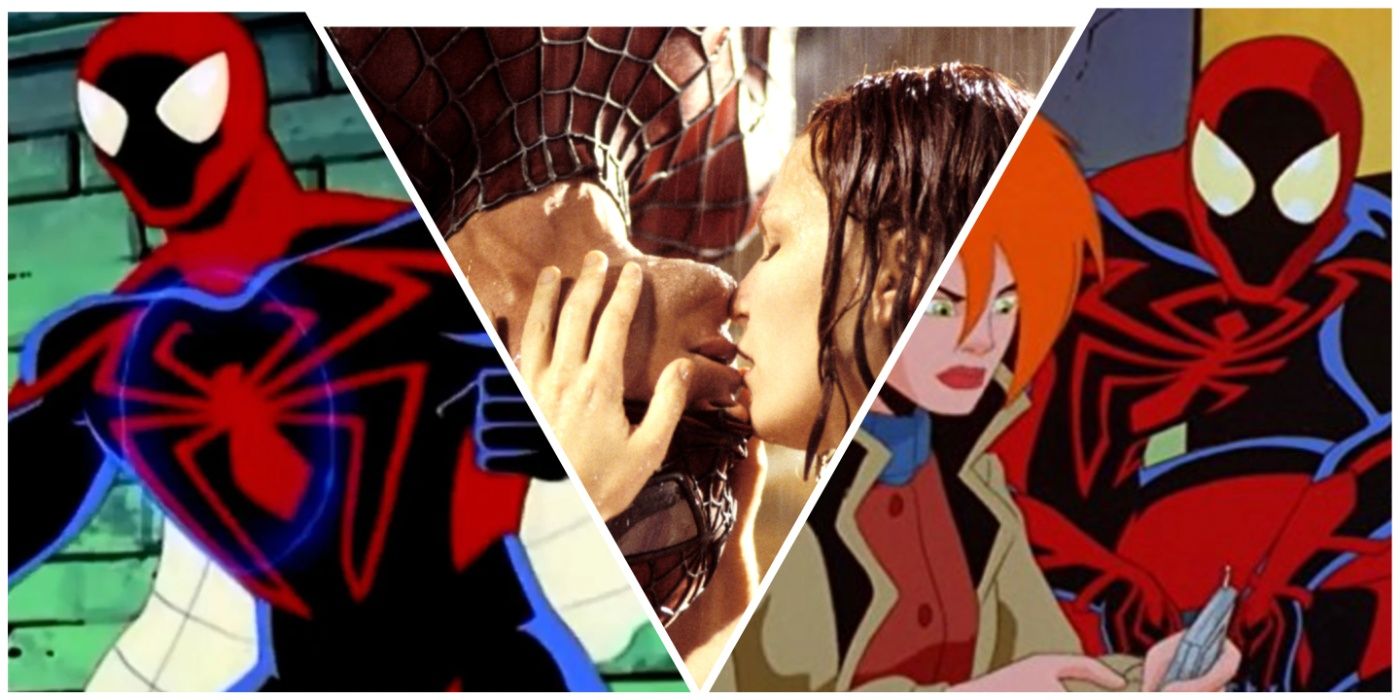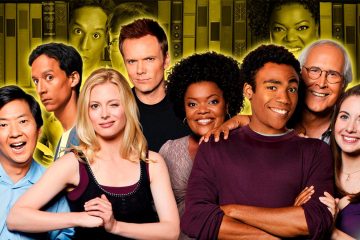When audiences think about Spider-Man, there’s a high chance that Tobey Maguire from Sam Raimi’s legendary trilogy is what comes to mind. At the same time, it’s even likelier that audiences don’t picture a cape, a rebel in a societal sci-fi war, or a space traveler when they think about Spider-Man. However, these odd ingredients are in fact Peter Parker’s defining characteristics in Spider-Man Unlimited; not the game, not the comic, but a 1999 animated series that had more problems than it did viewers. Across nearly 60 years of Spider-Man film and television, Unlimited doubtlessly stands as the character’s weakest outing. Coincidentally, it’s almost entirely due to one of his strongest efforts, 2002’s Spider-Man feature film, that destroyed any chance tht Spider-Man Unlimited had at finding success.A quarter-century later, Spider-Man Unlimited’s reputation is one of a show that’s as unfortunately forgettable as it is daring. The series maroons Peter Parker on a strange new world with a strange new suit. He’s placed in a story that almost feels like it doesn’t want to be about Spider-Man at all. Curiously, the project was entered into with the best of intentions, respect for its source material, and zero interest in creating an original take on the character. Spider-Man Unlimited was conceived as the most conservative, faithful Spider-Man project possible, only for it to get caught at the center of conflicting contract situations. Spider-Man Unlimited’s priority was always meant to be Spider-Man, yet the mere existence of a single movie essentially ruined this pure agenda. Sam Raimi’s Spider-Man is one of the wallcrawler’s most beloved adaptations, but its presence also inadvertently created one of his most forgettable. outings.Unlimited was always intended to be commercially viable network fodder, but the creatives behind it originally drafted the series as a tribute to the purest Spider-Man stories available. Meugniot’s plan was to create a cartoon based on the first 26 issues of Stan Lee and Steve Ditko’s Amazing Spider-Man comics that would adapt them as faithfully as possible. Meugniot was certainly qualified and had already displayed an aptitude for bringing comics to life with his work on recent cartoons like Silver Surfer and Pryde of the X-Men. Meugniot’s original plan would have likely left behind a positive legacy that ranges from inoffensive to endearing, similar to Spider-Man & His Amazing Friends or the 1967 series. However, this low-cost, low-stress contractual obligation quickly became something much more complicated.
When audiences think about Spider-Man, there’s a high chance that Tobey Maguire from Sam Raimi’s legendary trilogy is what comes to mind. At the same time, it’s even likelier that audiences don’t picture a cape, a rebel in a societal sci-fi war, or a space traveler when they think about Spider-Man. However, these odd ingredients are in fact Peter Parker’s defining characteristics in Spider-Man Unlimited; not the game, not the comic, but a 1999 animated series that had more problems than it did viewers. Across nearly 60 years of Spider-Man film and television, Unlimited doubtlessly stands as the character’s weakest outing. Coincidentally, it’s almost entirely due to one of his strongest efforts, 2002’s Spider-Man feature film, that destroyed any chance tht Spider-Man Unlimited had at finding success.
A quarter-century later, Spider-Man Unlimited‘s reputation is one of a show that’s as unfortunately forgettable as it is daring. The series maroons Peter Parker on a strange new world with a strange new suit. He’s placed in a story that almost feels like it doesn’t want to be about Spider-Man at all. Curiously, the project was entered into with the best of intentions, respect for its source material, and zero interest in creating an original take on the character. Spider-Man Unlimited was conceived as the most conservative, faithful Spider-Man project possible, only for it to get caught at the center of conflicting contract situations. Spider-Man Unlimited‘s priority was always meant to be Spider-Man, yet the mere existence of a single movie essentially ruined this pure agenda. Sam Raimi’s Spider-Man is one of the wallcrawler’s most beloved adaptations, but its presence also inadvertently created one of his most forgettable. outings.
Unlimited was always intended to be commercially viable network fodder, but the creatives behind it originally drafted the series as a tribute to the purest Spider-Man stories available. Meugniot’s plan was to create a cartoon based on the first 26 issues of Stan Lee and Steve Ditko’s Amazing Spider-Man comics that would adapt them as faithfully as possible. Meugniot was certainly qualified and had already displayed an aptitude for bringing comics to life with his work on recent cartoons like Silver Surfer and Pryde of the X-Men. Meugniot’s original plan would have likely left behind a positive legacy that ranges from inoffensive to endearing, similar to Spider-Man & His Amazing Friends or the 1967 series. However, this low-cost, low-stress contractual obligation quickly became something much more complicated.
#SpiderMans #Movie #Created #Controversial #Show
Note:- (Not all news on the site expresses the point of view of the site, but we transmit this news automatically and translate it through programmatic technology on the site and not from a human editor. The content is auto-generated from a syndicated feed.))



